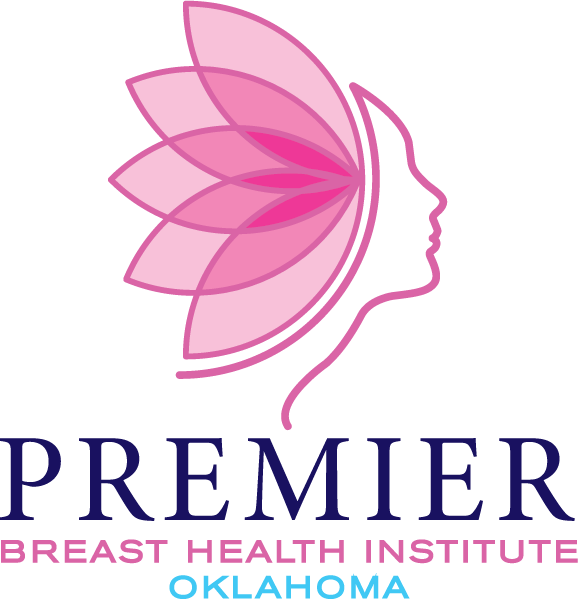How Can Genetic Testing Shape Your Breast Health Strategy?
In the ever-evolving landscape of medical science, the concept of ‘foreknowledge’ has gained paramount importance, especially when it comes to genetic predispositions for diseases like breast cancer. For many, the journey toward understanding their health begins with a look into their family’s medical history. If the stories of your grandmother, mother, or sister grappling with breast cancer have been a part of your family narrative, you might find yourself at a crossroads, pondering the need for genetic testing. This powerful tool holds the key to unlocking your potential health risks and equipping you with the knowledge to take proactive steps toward prevention and early detection.
Genetic testing in OKC has emerged as a beacon of hope for many, shedding light on the inherited risks and empowering individuals with actionable insights.
Understanding Your Family’s Cancer Narrative
The first step in assessing your risk for inherited breast cancer is to meticulously chart your family’s cancer history. Crucial factors that might indicate a higher risk include:
Early-onset breast cancer (before age 50)
Occurrences of high-grade serous ovarian cancer
A pattern of these cancers in relatives
Additionally, men in your family with breast cancer and Ashkenazi Jewish ancestry can be significant indicators. A known presence of BRCA1 or BRCA2 genetic mutations in the family further necessitates the consideration of genetic testing.
Consulting with Your Healthcare Provider
Once you’ve pieced together your family’s cancer history, it’s imperative to discuss these findings with your doctor. They can guide you toward appropriate genetic counseling, which is a vital step in understanding your inherited cancer risks. This involves a comprehensive review of your family’s medical history and an assessment of your hereditary cancer risk.
Decoding the Genetics of Breast Cancer
Genetic testing delves into the presence of mutations in genes like BRCA1 and BRCA2. Women diagnosed with a mutation in these genes are at a significantly increased risk of developing breast and ovarian cancers. However, it’s crucial to remember that not all breast cancer cases are genetically linked. Genetic testing can provide clarity and help in making informed decisions about your health.
Embracing Early Detection and Preventive Measures
For women identified with a heightened risk, early and regular cancer screening exams are vital. These include annual breast MRIs starting from the age of 25 and, from the age of 30, alternating mammograms and breast MRIs every six months. Preventive surgeries, like prophylactic bilateral mastectomy, though aggressive, can substantially reduce breast cancer risk. And the importance of genetic testing is commendable in early detection.
Weighing the Pros and Cons of Genetic Testing
Opting for effective genetic testing is a decision that extends beyond personal implications. It can offer crucial information for your family members regarding their cancer risks. The knowledge gained from genetic testing can be empowering, enabling proactive health decisions and potentially life-saving interventions.
Precision and Expertise in Genetic Testing at Premier Breast Health Institute of Oklahoma
The Premier Breast Health Institute of Oklahoma stands as a hallmark of precision and expertise in the field of genetic testing in OKC. This facility is not just a center for advanced medical technology; it is a hub where knowledge, care, and cutting-edge science converge. Our approach to genetic testing is meticulous, ensuring that every individual receives personalized attention and accurate insights into their genetic health profile. Our commitment to precision in genetic testing makes us a trusted destination for those seeking clarity and direction in their healthcare journey.

